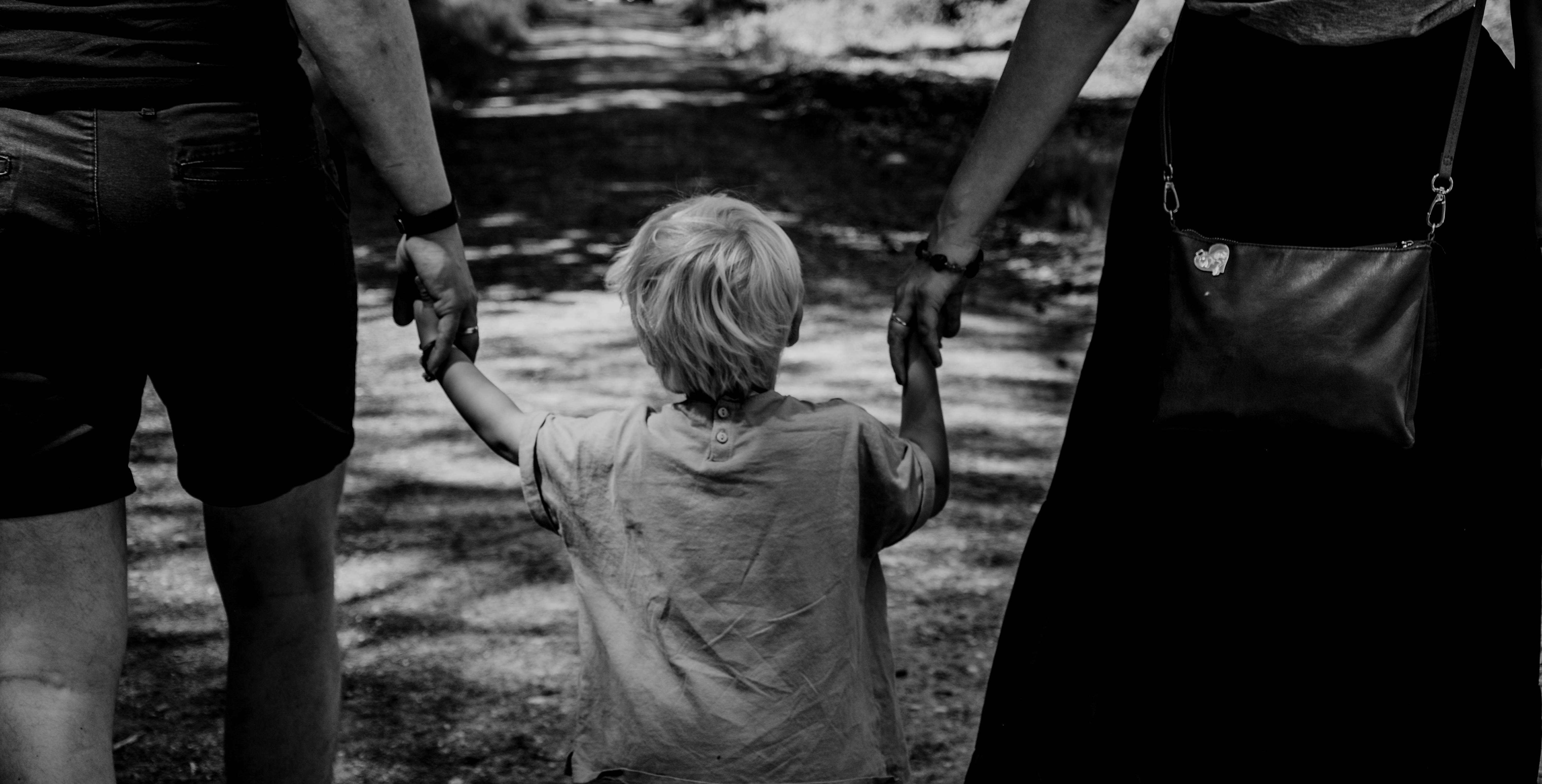Why You Pull Away or Hold On Too Tight: How Attachment Styles Shape Your Relationships

Do you pull away or feel ‘too emotional’ in relationships? Discover how counselling in Kitsilano, Vancouver or online can help you build secure, connected relationships.
Why Relationships Can Bring Up So Much Emotion
Conflict in relationships can stir up powerful emotions such as fear, anger, and sadness because they activate our deepest attachment needs for closeness and safety. If you find yourself shutting down, withdrawing, or fearing emotional intimacy, it’s often not that you’re "too emotional." More likely, your body is remembering pain or rejection from the past and reverting to protective patterns that once helped you cope.
As infants and children, we rely on our caregivers to comfort us, help us regulate our emotions, and keep us safe. Through this process of co-regulation, we gradually learn how to soothe ourselves and feel secure. Over time, these early experiences shape our internal understanding or working model, of how relationships function.
These early experiences become the foundation of our attachment patterns, the emotional blueprints that influence how we connect, handle conflict, trust, and respond to others. When care is inconsistent, neglectful, or abusive, these experiences can create patterns of anxiety or avoidance in relationships. As adults, we might find ourselves pulling away when things feel too close or fearing rejection when we need connection most.
So if you notice yourself avoiding your partner or seeking constant reassurance, your nervous system may be reacting based on old experiences that once helped you survive.
Understanding Attachment Styles: Why You Pull Away or Hold On Too Tight
Attachment theory describes that early experiences with caregivers shape our emotional patterns in relationships. Throughout evolutionary history, infants depended on caregivers for protection and survival, which led to the development of a biological drive to seek safety and connection known as the attachment system. By staying near their caregivers, both physically and emotionally, children increase their chances of survival.
How caregivers respond to and treat their children, especially during times of stress, plays a key role in shaping the expectations, attitudes, and beliefs, that children develop about relationships and carry into adulthood. These experiences form the foundation for different attachment orientations, such as secure, anxious, and avoidant.
Responsive caregiving meaning the caregiver consistently notices, understands, and meets a child’s needs which fosters a sense of trust and emotional security. Children learn to have confidence that others will be available in times of need.
When caregiving is less responsive, meaning inconsistent, neglectful, or dismissive the child adapts in ways that make sense for their environment. For example, if showing distress doesn’t bring comfort, the child may learn to hide their emotions and rely only on themselves, leading to an avoidant attachment pattern.
Alternatively, if a caregiver is sometimes responsive and loving but other times unavailable, the child may become unsure whether their needs will be met. In this case, they may hyper-focus on the caregiver, seeking attention and reassurance, which can lead to anxious attachment.
In situations where the caregiver is frightening, abusive, or highly unpredictable, the child may experience disorganized attachment, characterized by both seeking and fear closeness at the same time.
Simplistically, these attachment orientations produce if/then working models that guide how we think, feel, and behave in relationships. These patterns form the foundation of our adult attachment styles:
Anxious
- "If I’m upset, then I worry my partner won’t be there for me."
- You might seek reassurance, feel panicked by distance, or worry your partner doesn’t care enough.
Avoidant
- "If I’m upset, then it feels safer to deal with it on my own."
- You may value independence and feel uncomfortable with emotional closeness, often pulling away when things feel too intense.
Disorganized
- "If I’m upset, then I want closeness but also feel scared of it."
- You might long for connection but also fear it, leading to mixed signals or difficulty trusting others.
Secure
- "If I’m upset, then I trust I can turn to my partner for support."
- You feel comfortable depending on others while maintaining your independence and emotional balance.
Healing Attachment Wounds to Build Fullfilling Relationships
If you struggle with anxiety, fear of abandonment, difficulty communicating, or feeling disconnected in relationships, understanding your attachment patterns can be the first step toward relational healing.
As a Registered Clinical Counsellor (RCC) in Kitsilano Vancouver, I use Emotionally Focused Individual Therapy (EFIT) to support you in noticing how your present emotional experiences may be influenced by past experiences. Through engaged emotional encounters, we revisit moments when your emotional needs were not fully met and learn to respond to these younger parts of yourself with compassion, care, and understanding.
This process creates a corrective emotional experience, allowing your attachment system to learn that vulnerability can coexist with safety. Over time, these new emotional experiences help your nervous system feel safe in connection again.
As this inner sense of safety grows, you may notice yourself relating to others in more open, balanced, and trusting ways. Therapy becomes a space to practice new ways of connecting with yourself and others that support greater emotional resilience and relational security.
Begin Feeling More Secure in Relationships
If you’re struggling with relationship challenges, emotional overwhelm, or fear of vulnerability, counselling can help you heal from past attachment wounds and develop loving, authentic relationships.
I offer online counselling across British Columbia and in-person therapy in Kitsilano, Vancouver, for individuals who want to feel more secure, authentic, and at ease in their relationships.
Reach out today to book a free consultation.
🌿 Book a free 15-minute consultation to start learning how to create relationships that feel secure, authentic, and connected.